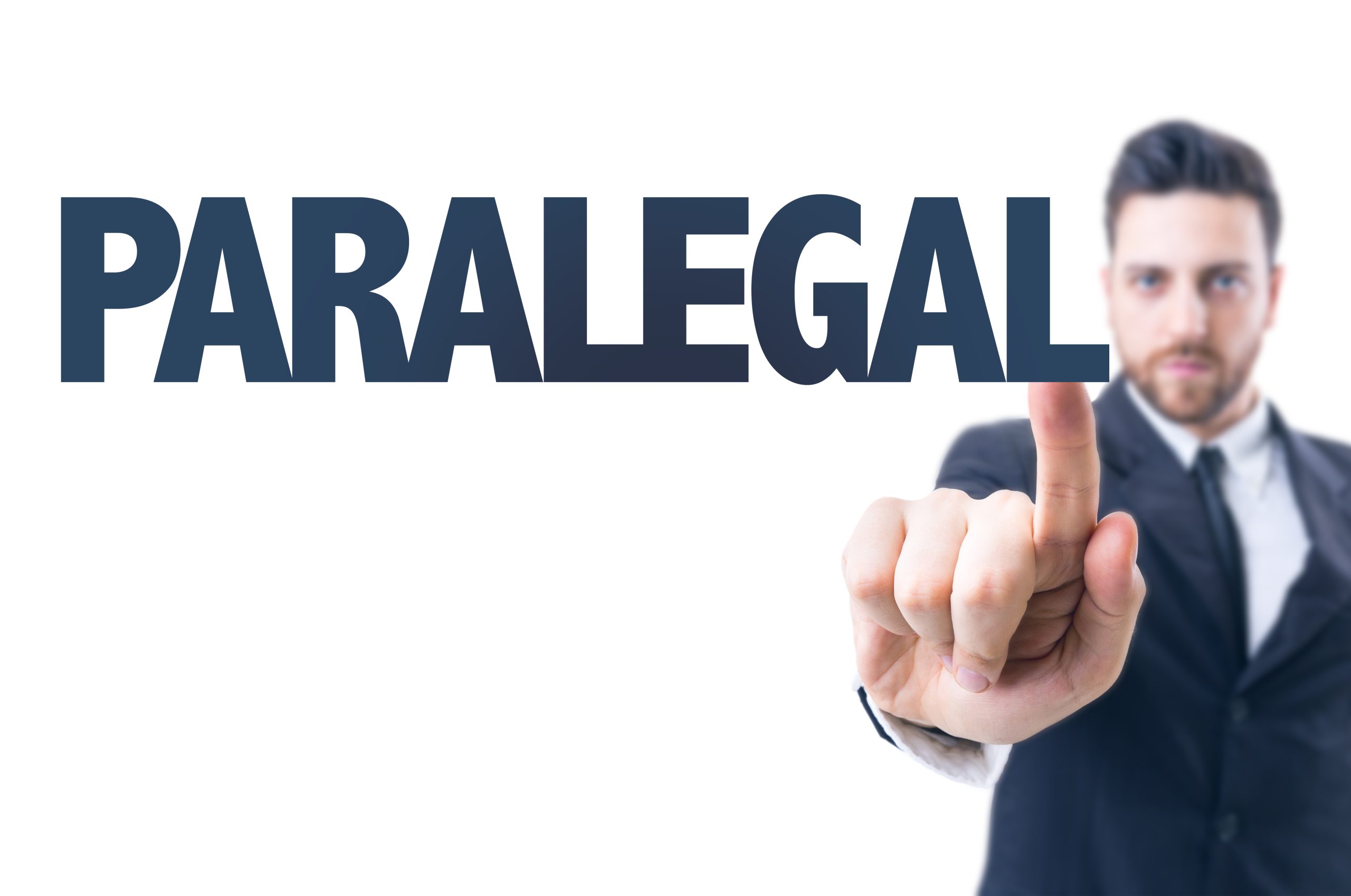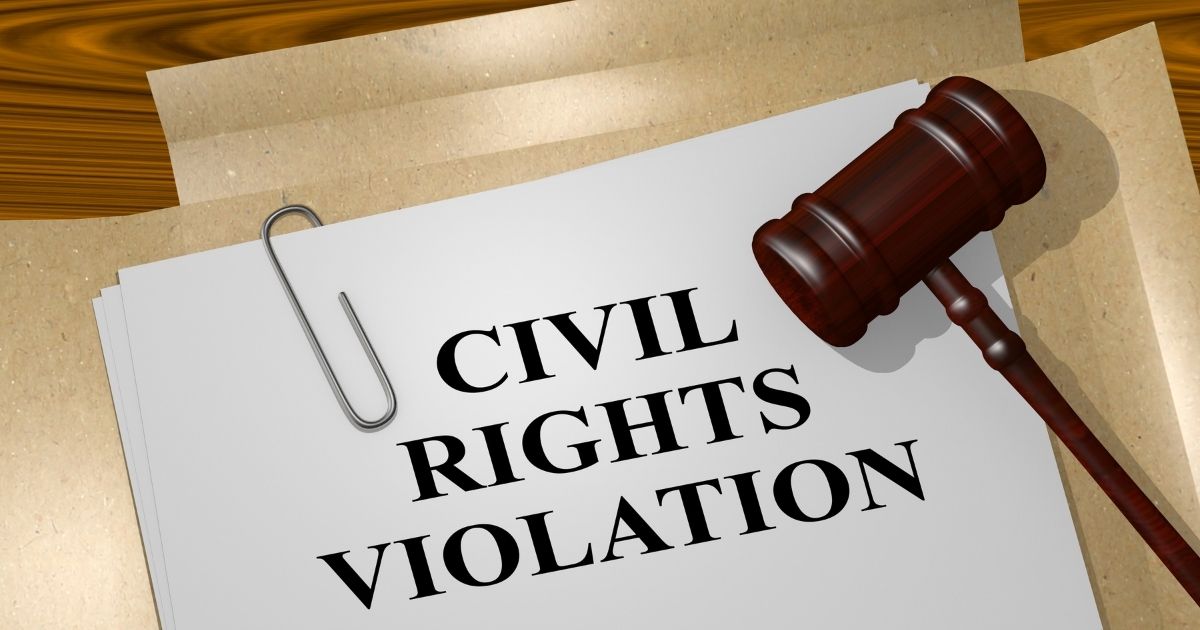DISCLAIMER: Altiorem Legal Services (hereinafter, “Altiorem”) cannot and does not provide legal advice. Altiorem is not a law firm; Altiorem’s staff are not attorneys, cannot act as attorneys, and do not act as attorneys; and any information provided by Altiorem in this article or otherwise is not a substitute for legal advice from an attorney. The information contained in this article should not be construed as legal advice, as it is not intended to be legal advice; the information in this article is provided for educational purposes only. Again, none of the information provided in this article should be construed as legal advice, and nobody should rely on or use the information contained in this article in their legal matters.
WHAT IS A PARALEGAL?
A paralegal is professionally trained to assist attorneys in various legal capacities. While a paralegal can sometimes perform clerical work such as filing or calendaring, that is not a paralegal’s main duty. A paralegal differs from a legal assistant in that they are trained to draft legal documents, conduct legal research, work with clients, and manage cases.
Paralegals can work with a large variety of people daily, including attorneys, clients, witnesses, court personnel, administrative assistants, etc. Paralegals form strong relationships with the legal professionals in their community, as they can sometimes be required to work with them almost daily. A paralegal is a professional, reliable, and hard-working individual.
What a Paralegal Can’t Do
It is important to note that paralegals cannot provide legal advice as they are not attorneys and not regulated by the state bar association. Legal advice constitutes giving a client any information that would lead them to make a legal decision for their case. A paralegal can be sued for providing legal advice and face large fines. The following articles record some instances where paralegals were found guilty of providing legal advice.
- Paralegal fined for unauthorized practice of law.
- A Paralegal is Guilty of the Unauthorized practice of law by preparing a document for litigation and providing legal advice without the supervision of a licensed attorney.
- Senior Paralegal engaged in the unauthorized practice of law.
Another thing that paralegals cannot do is practice law. The American Bar Association (ABA), in their publication, Definition of the Practice of Law, defines the “practice of law” as “the application of legal principles and judgment with regard to the circumstances or objectives of a person that require the knowledge and skill of a person trained in law.”1American Bar Association, Definition of the Practice of Law, Task Force on the Model Definition of the Practice of Law, Model Definition Definition (September 18, 2002), https://www.americanbar.org/groups/professional_responsibility/task_force_model_definition_practice_law/model_definition_definition/, at (b)(1)
To abstain from potentially practicing law, one should not apply “legal principles and judgment” to a client’s case; one can provide self-help services to pro se litigants seeking to represent themselves in their legal matters, but at no point should one apply “legal principles and judgment” to a client’s case; it is the client themselves who applies “legal principles and judgment” to their own case. That is how one can provide legal services without doing so constituting the practice of law.
Furthermore, continuing with the provisions of the ABA’s Definition of the Practice of Law, one should not ever give to a client “advice or counsel . . . as to their legal rights or responsibilities or to those of others”2Id. at (c)(1).—indeed, one may make the client aware of certain legal facts or circumstances in their case, but at no point should one give advice or counsel as to a client’s “legal rights and responsibilities.”3Id. At no point should one, without the guidance and input of the client, ever “select[], draft[], or complet[e] legal documents or agreements that affect the legal rights of a [client]”4Id. at (c)(2).—indeed, it is important that it be solely the client who selects the legal document(s) to be drafted and that it be the client who drafts the portions of the legal document(s) pertinent to the application of “legal principles and judgment”5Id. at (b)(1).
(i.e., the client applies legal principles and reaches legal conclusions). It is essentially the client who completes legal documents, and it is the client who comes up with the terms of agreements (if any). At no point should one ever “[r]epresent[] a [client] before an adjudicative body, including, but not limited to, preparing or filings documents or conducting discovery”6Id. at (c)(3).—indeed, one should not ever refer to oneself as any client’s representative, whether before an adjudicative body or not, and even though one may help a client prepare legal documents for filing (which, as mentioned earlier, it is the client who applies the law to their case), it should be the client who files the documents pro se, and, in terms of conducting discovery, it should be the client who conducts discovery themselves as a pro se litigant. Finally, at no point should one ever “[n]egotiat[e] legal rights or responsibilities on behalf of a [client]”7American Bar Association, Definition of the Practice of Law, Task Force on the Model Definition of the Practice of Law, Model Definition Definition (September 18, 2002), https://www.americanbar.org/groups/professional_responsibility/task_force_model_definition_practice_law/model_definition_definition/, at (c)(4).—indeed, 0ne should never put oneself in a position to negotiate the legal rights of any client under any circumstance. Having satisfied that, one can provide clients with legal services without such services constituting the practice of law.
What a Paralegal CAN Do
While paralegals cannot provide legal advice or practice law like an attorney, they nevertheless are well-versed in the legal field and know the ins and outs of court cases. A paralegal knows what documents need to be filed, when they need to be filed, and how they need to be filed. A knowledgeable paralegal can be an extremely valuable asset to a law firm or solo practicing attorney.
A paralegal should have excellent oral and written communication skills. Paralegals should also be organized, efficient, and computer savvy. Because an attorney can’t draft all the required legal documents and simultaneously speak to their clients when the attorney has a full day of court hearings, paralegals are extremely helpful in meeting the attorney’s professional needs. Paralegals become well-versed in the cases they are handling; they can create exhibits for trials, prepare witnesses, and even prepare questions for the attorneys to ask a witness.
Legal research is a big part of being a paralegal. Knowing how to efficiently look up case law, cite the case law, and include case law that is relevant in a case, sets paralegals apart from legal assistants. A good paralegal can look at case law and know what case law is relevant to the case they are working on. Paralegals validate sources of law, find relevant legal documents for an attorney, and even prepare case memorandums so that the attorney can become familiar with all the important aspects of a case.
A paralegal can be familiar with different types of law. Just like an attorney, a paralegal can, through experience, specialize in, for example, real estate, family law, criminal law, and even trusts and estates, among other areas of law. While paralegals can specialize in different aspects of the legal field, it is more common for them to have a wide range of knowledge regarding a wide range of law. If an attorney does not know how to do something, they can ask the paralegal to conduct research and discover how to do it. Attorneys routinely rely on paralegals in this capacity.
A paralegal cannot provide legal advice, but they are knowledgeable in many areas of law and can draft many different pleadings to be filed in the court system. It is important for paralegals to not miss deadlines, to be efficient in their work, and to avoid errors in their legal writing and in their work generally since an error in a court document can cause the case to be lost. A paralegal needs to be prepared to conduct fact-checking, billing, organizing exhibits, drafting pleadings, speaking with clients, and working with other legal professionals—sometimes at a moment’s notice.
Paralegals are an important part of the legal field; they keep things running smoothly and are an indispensable part of a law firm. Behind every good attorney is an equally good and knowledgeable paralegal.
CONTACT US TODAY!
Do you need help with understanding the law? Let Altiorem help you today with affordable, top-quality legal services.
Expertise. We are knowledgeable, skilled, and experienced in paralegal work and in drafting all manner of legal documents, such as briefs, pleadings, motions, memoranda, letters, contracts, etc. If you need a top-quality, professional, excellently written, well-researched, and compelling legal document drafted, then look no further!
Quality. We produce top-quality, properly written legal documents with impeccable grammar, punctuation, spelling, structure, flow, information, compelling legal arguments, and persuasive legal conclusions. You can see the quality of our work on our work samples page, where you can peruse and evaluate our writing, as well as our other blog posts.
Experience. Our paralegals are highly experienced in working with attorneys, other paralegals, and court personnel.
Customer Care. Navigating the Utah legal system can be daunting and confusing. Let Altiorem relieve your stress and be your guide. Altiorem has a team of professional paralegals ready to work for you. We want to give you the best chance at getting an outcome for your case that you will be happy with. We are happy to receive documents via email from you, speak with you on the phone, look through court files, or even translate documents (English / Spanish)!
Accessible. If you are interested in retaining our services, we can be contacted at (801) 855-6541 (text or call) and at altiorem@altioremlegalservices.com. If you have a project in mind that you would like us to work on, please click here to send us a project request and get a quote. Alternatively, you can send us an email detailing the work you need to be performed, and a real person will respond promptly.
Thank you for your attention and consideration.



